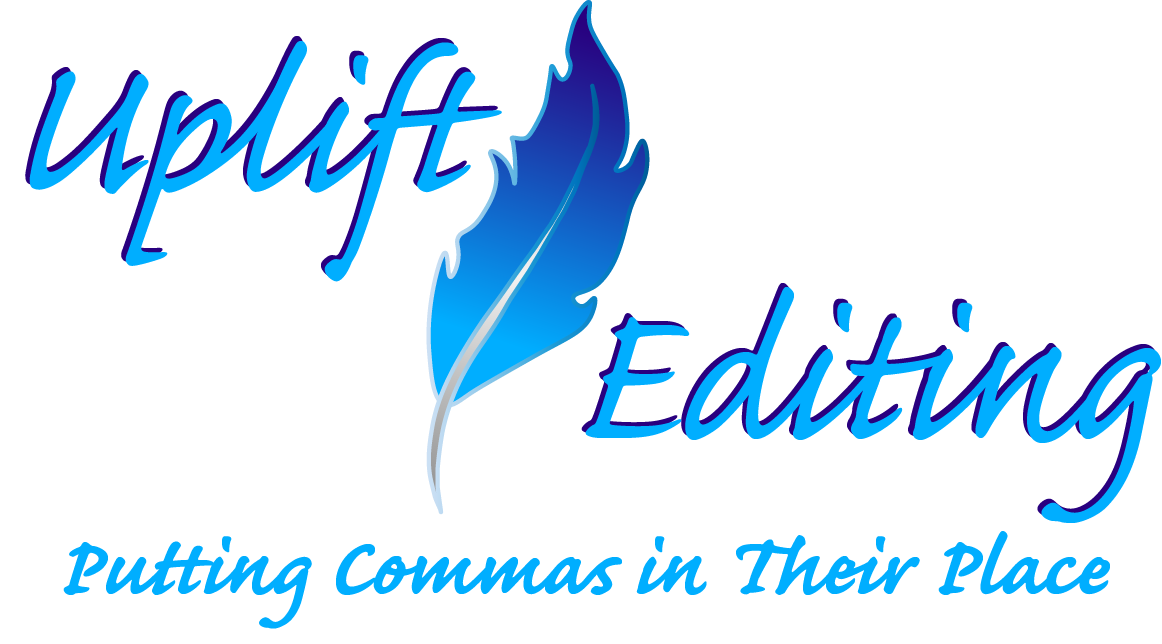Because I Said So!
Don’t: Expect readers to believe you based solely on your credentials
If you’re considering writing nonfiction, you hopefully already have some degree of expertise on your topic.1 You may even be widely recognized as an authority in your field. Knowing how hard you’ve worked to get to that point may tempt you to expect those with less experience to simply accept your opinions on the matter as fact. Unfortunately, your readers don’t know how hard you’ve worked. They don’t know what research you’ve done or what alternative opinions you’ve considered unless you tell them. You’re credentials alone are not adequate to convince most readers.
Do: Provide clear evidence for any assertion you make
While your readers want to know your opinion on issues in your field (otherwise they probably wouldn’t be reading), they also want to know how you reached those conclusions. Bad nonfiction is rife with unsubstantiated opinions forced on readers. Quality nonfiction leads readers on a journey of discovery, presenting the evidence in a way that helps them reach their own conclusions—hopefully the same ones you reached. But whether or not they end up agreeing with you, by laying out the evidence in a logical manner, you enhance their understanding of the subject. By avoiding dogmatic statements, you also show yourself willing to reconsider the point should new evidence emerge.
To stay up to date with new content, follow Uplift Editing on Twitter.
- See Know Your Topic.
